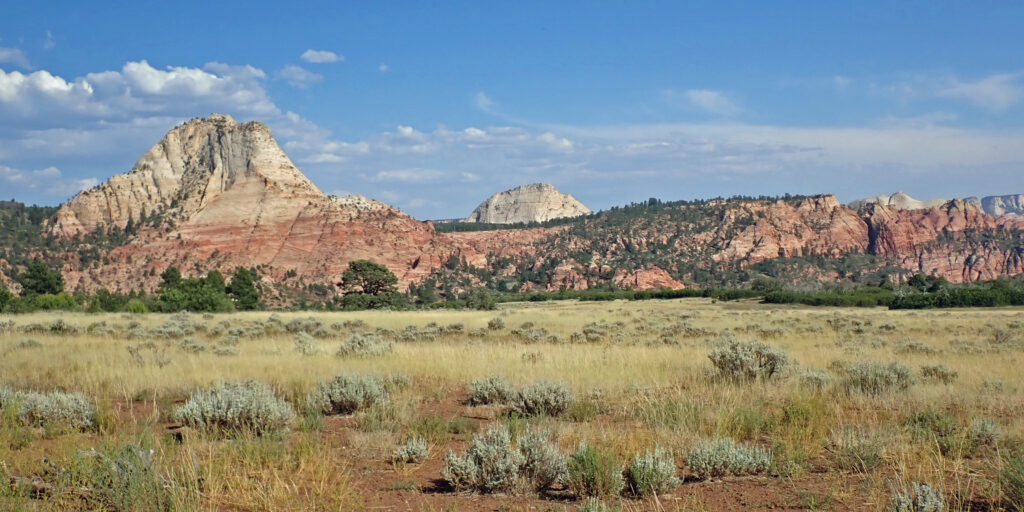
My first visit to Kolob Reservoir was late June 2005. I cajoled three of my sons to come with me (Douglas, Thomas, and Brian). They made the trip fun with all sorts of comedy antics and teenage bantering. Although Kolob gave up just one five-inch trout between the four of us, it remains one of my most memorable adventures (see Kolob & Little Reservoirs).
When springtime passed, I began to plan a fourth trip to Kolob, but late June and early July saw gusty days of 20 mph or higher which makes float tubing hard work. The forecast finally predicted moderate breezes as we entered the Dog Days of Summer. “Dog Days of Summer” refers to that hot, mid-summer season historically marked by the rising of Sirius, the Dog Star, the brightest star in the night sky. Southern Nevada’s July of 2024 came in hot. All sorts of heat records were broken. The average daily temperature for Las Vegas was 99.9 degrees (our average high/low was 111.5/88.3 degrees, respectively). We suffered through seven straight days that reached 115 degrees or higher, including one day of 120 degrees.
My good friend Luis and I finally set a date, August 1st, to fish Kolob Reservoir. The wind forecast was good. We hoped the temperature there would stay in the high 70s, but it didn’t. We were blessed that the winds were reasonable and that while the temperature reached into the low 80s it was very tolerable as compared to Las Vegas’s record breaking heat of July.
Zion National Park is contained within the Colorado Plateau. The Colorado Plateau covers 130,000 square miles over portions of five states: western Colorado, northwestern New Mexico, southern and eastern Utah, northern Arizona, and a tiny piece in the extreme southeast of Nevada. The Plateau was likely named from the fact that around 90% of the area’s rivers and streams drain into the Colorado River. The Plateau has the greatest concentration of National Parks in the country (excluding the Washington, DC metropolitan area). The more recognizable parks are the Grand Canyon, Zion, Bryce Canyon, Capitol Reef, Canyonlands, Arches, Black Canyon, Mesa Verde, and the Petrified Forest.
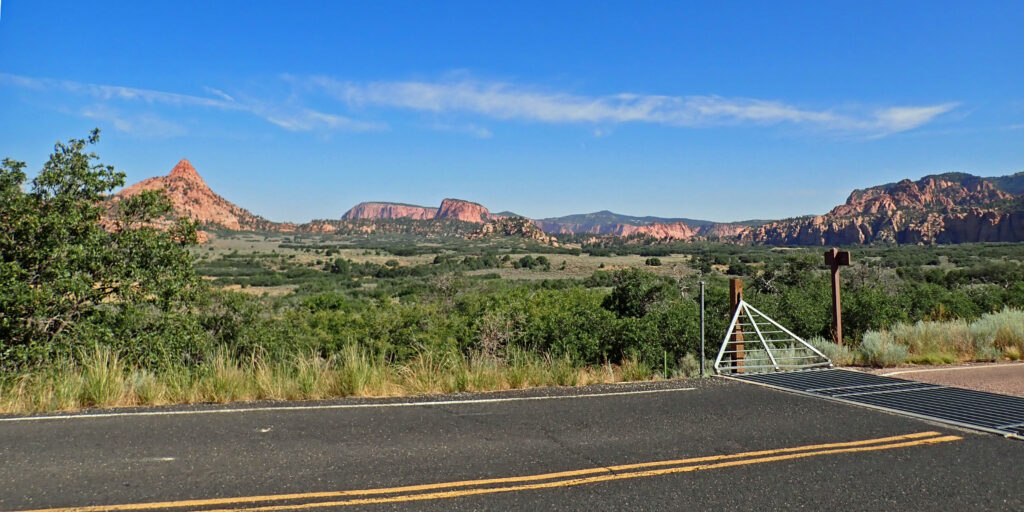
I fished Kolob two other times since 2005, and only one of those trips produced memorable fishing. While I hope the fishing is good every time I go out, the reality is that seasons, weather, and other factors complicate everything. Kolob is different in that the scenery alone makes the trip completely worth the effort, regardless of the fishing quality. The vistas while driving the Kolob Terrace Road are unforgettable. The road weaves in and out of the northwest corners of Zion National Park (ZNP). There are many places where you are compelled to stop the truck and take photos, especially the vistas that include the white cliffs of ZNP. They say these sandstone cliffs are made of Navajo sandstone that eroded into escarpments. The higher portions tend to be white, while the lower portions of the sandstone are primarily orange-reddish due to iron oxide. These cliffs were formed around 180 million years ago from sand dunes. Some of these views become more evident when you are descending the Kolob Terrace Road.
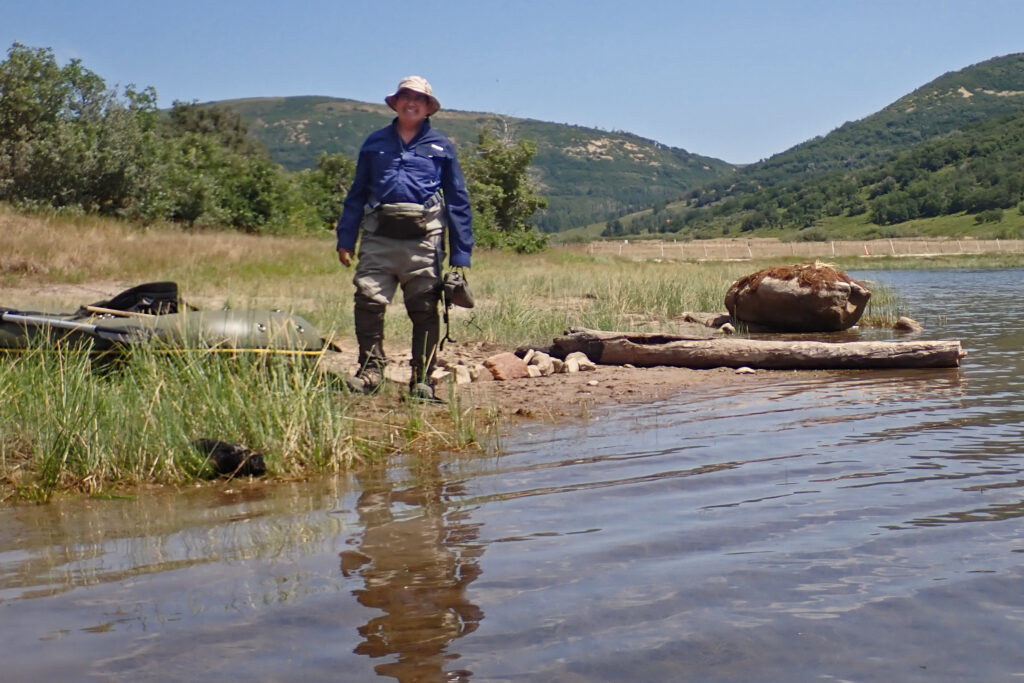
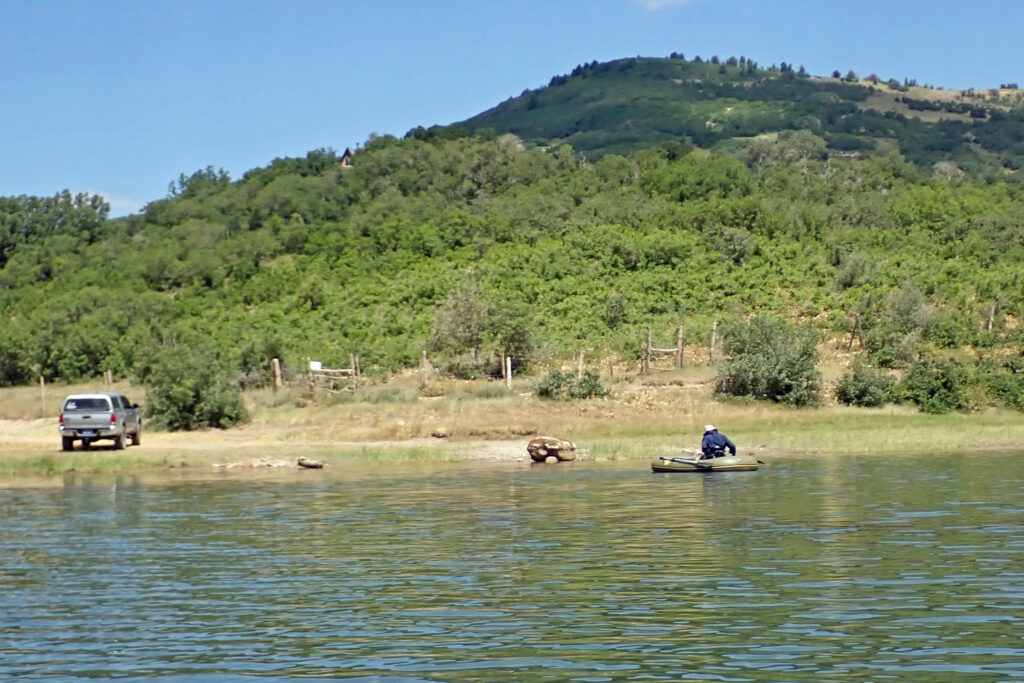
The fishing was slow. The warmer water temperature had the trout sluggish. The weed growth was significant on the shallower north end. We were casting buggers on full-sink lines to reach down to the cooler depths. Although sometimes difficult to discern between a trout bite and a weed snag, Luis reported three strikes. He hooked into a decent trout that I witnessed leaping from the water, but the fish was able to throw the hook. I landed three trout. One turned out to be my largest from the Kolob Reservoir… so that satisfied my fishing itch.
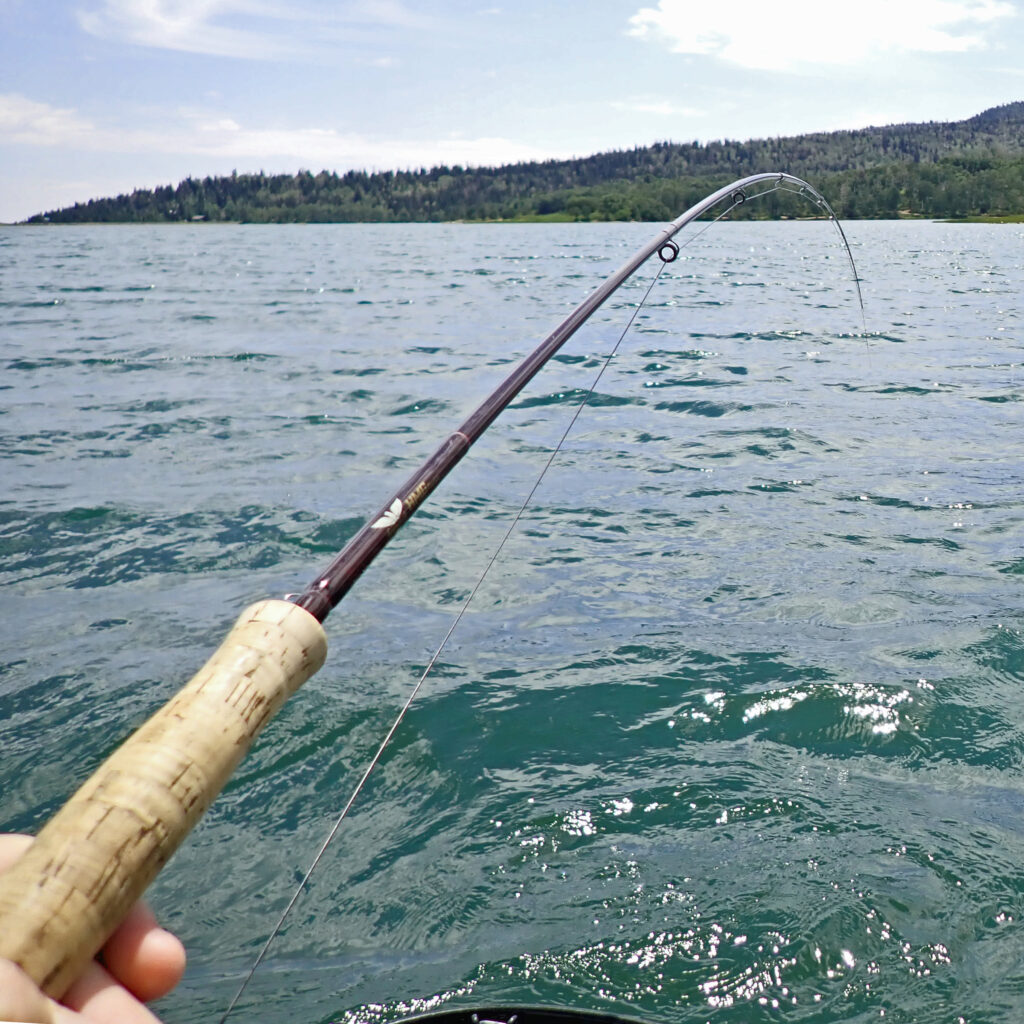
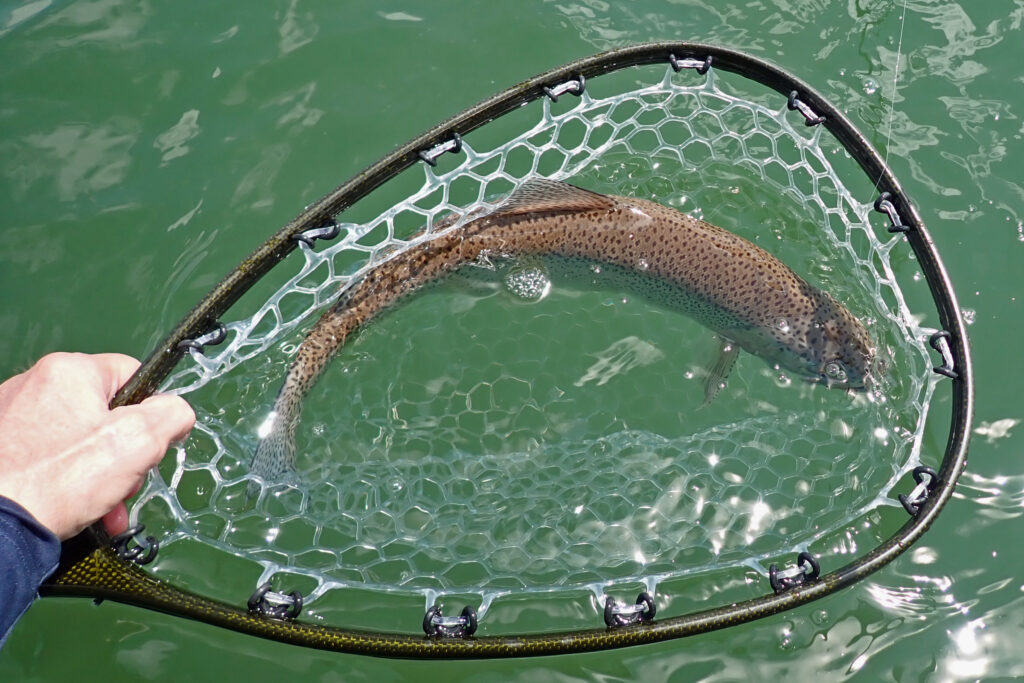
Not only was the landscape inspiring, we observed a good amount of wildlife. On our way up the Terrace road I noticed a large Turkey vulture perched on a Ponderosa (a.k.a. Yellow) pine tree branch right next to the road; we practically drove under the hulking bird. It was one of the largest vultures I have ever seen (probably because it was the closest I have come to one). The two-lane road is curvy in the canyons leading up to the reservoir with only a few places to turn out. There was a noticeable amount of utility and construction traffic that morning, so we couldn’t stop to photograph that vulture. At the reservoir we were treated by the aerial maneuvers of two Bald eagles; one was a juvenile and one was a mature adult. There were many post-springtime families of ducks and geese along the shoreline and in the water. Squirrels were jumping all over. On the drive off the Terrace we spotted three Mule deer does and one Red Tailed hawk. Numerous domesticated cattle and horses are always grazing in pastures on the Terrace.
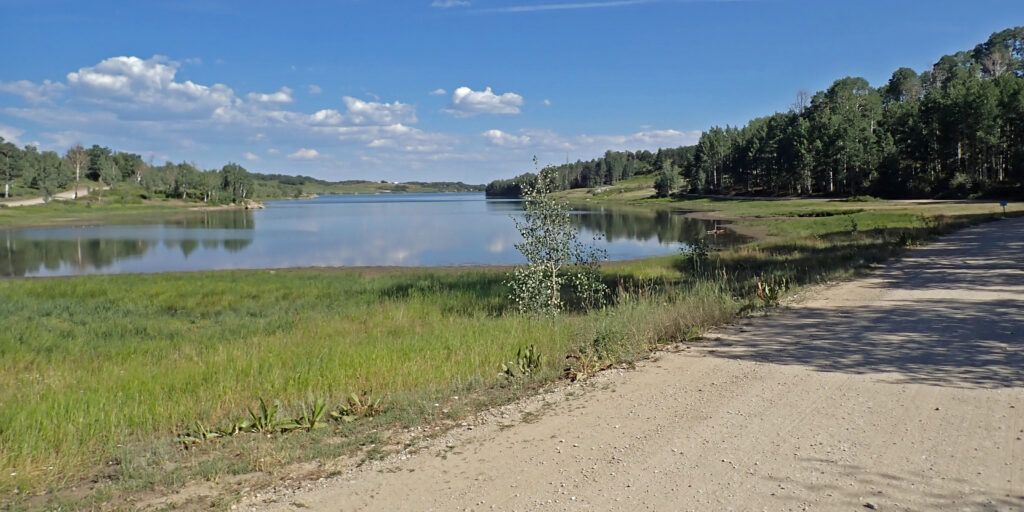
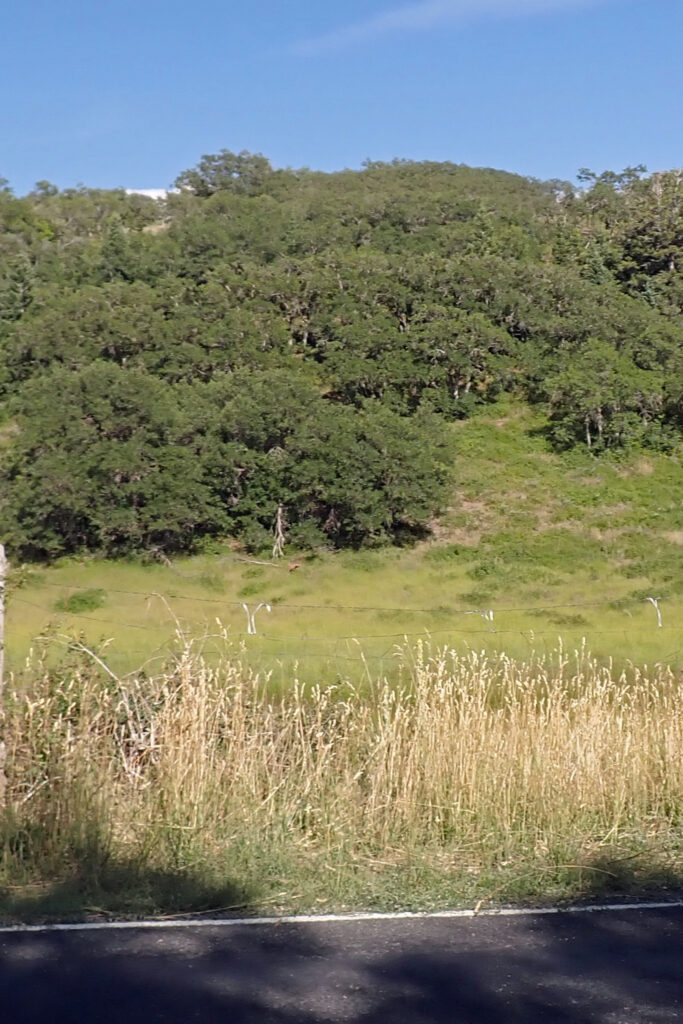
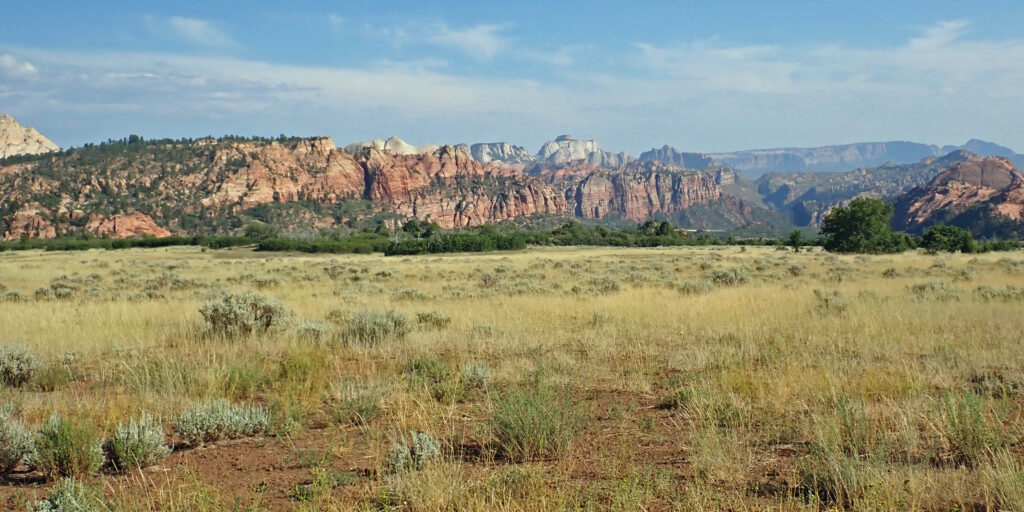
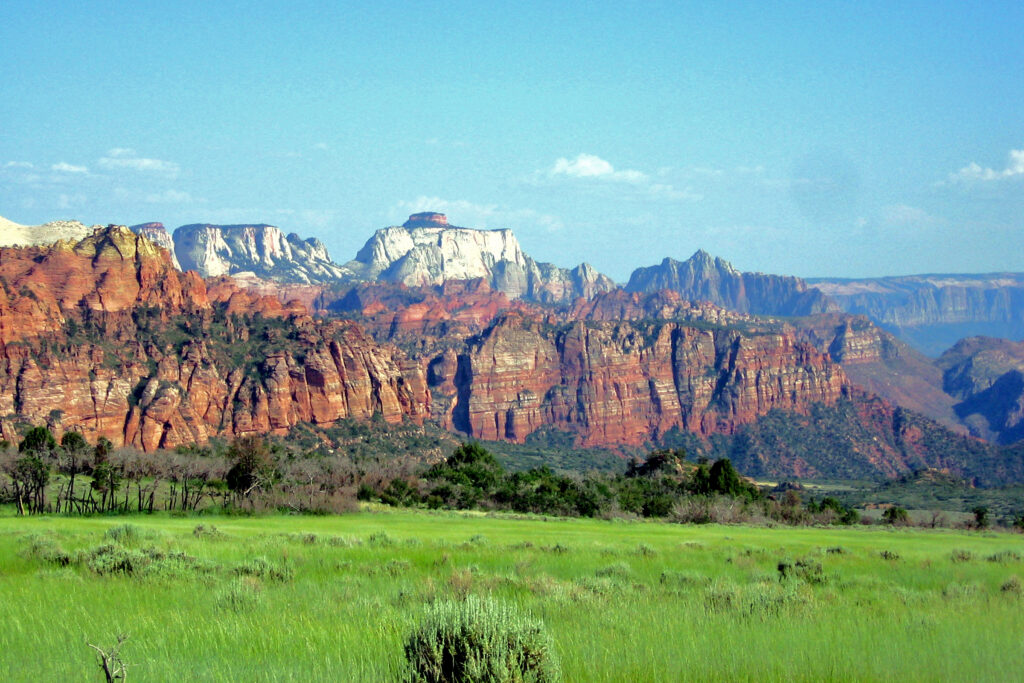
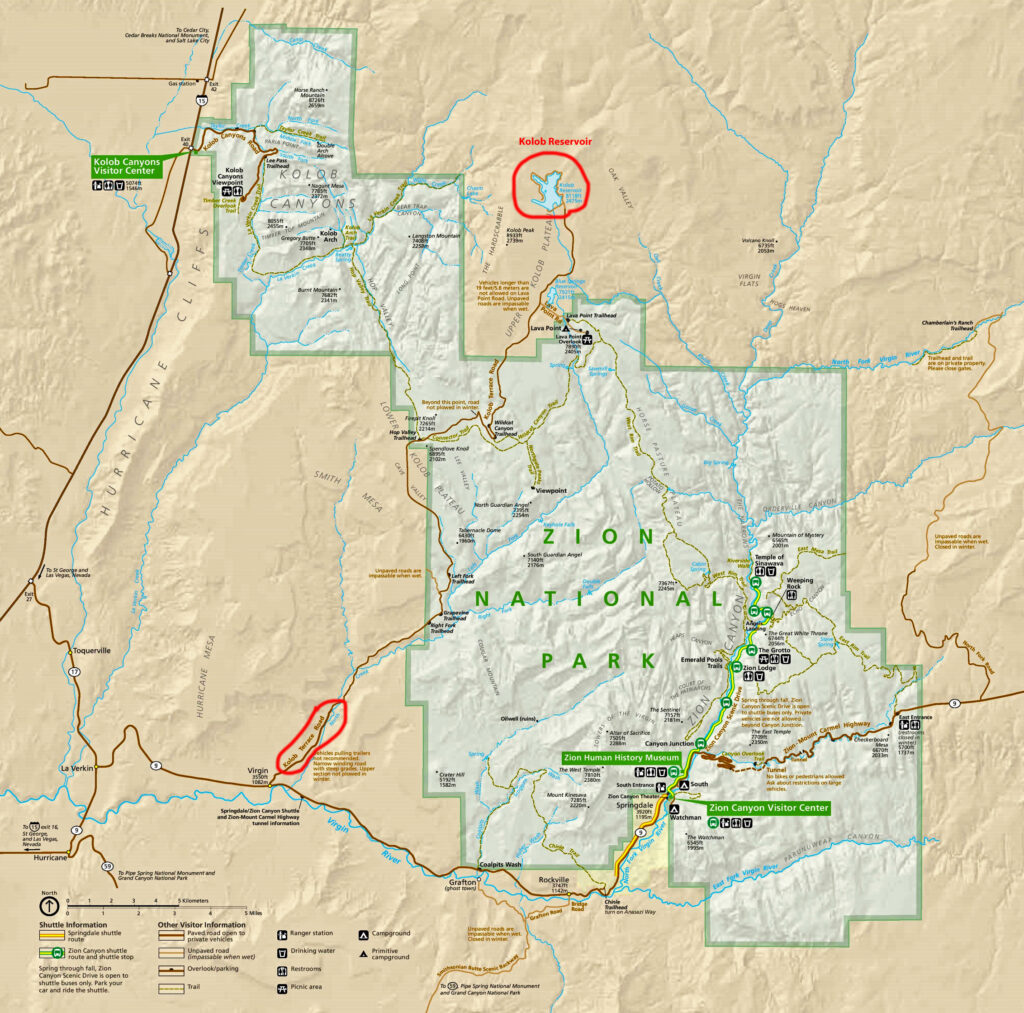
My prayer is that the below Bible verses might resonate with you, so that your inspiration from nature will lead you to the Creator of it all:
For since the creation of the world God’s invisible qualities—his eternal power and divine nature—have been clearly seen, being understood from what has been made, so that people are without excuse.
Romans 1:20
For in him all things were created: things in heaven and on earth, visible and invisible, whether thrones or powers or rulers or authorities; all things have been created through him and for him.
Colossians 1:16
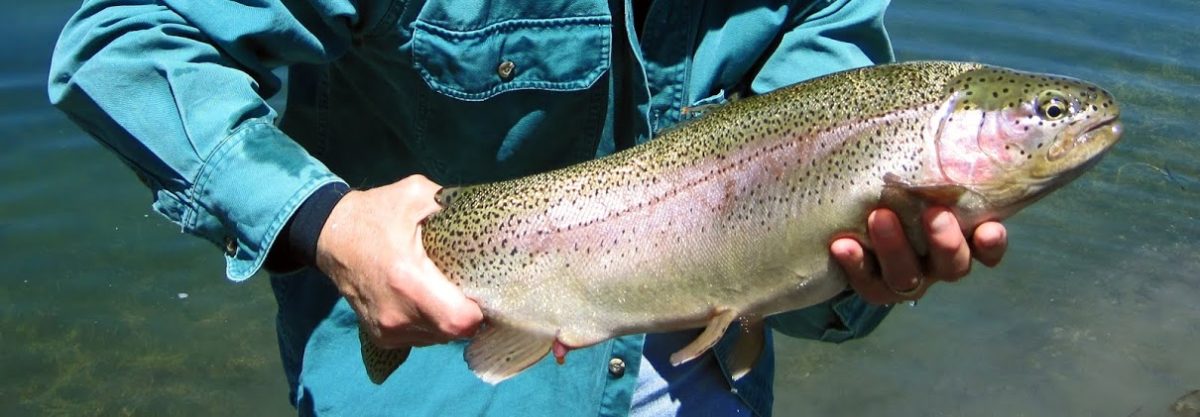
Good article,,, always wanted to fish there,,, we should have climbed there,,, lots of rock!
I have the same thoughts Bill, every time I go up there. I almost included this link in the post, but you might have been the only one who would have appreciated it.
https://www.mountainproject.com/area/105716799/zion-national-park
Had no idea that warm water makes trout slow…..thanks for the info !!!
Also, all of your photos are amazing…
Jeannie, since I know you have a thirst for knowledge, here is some more info.
Trout like cold water, unlike largemouth/smallmouth bass, panfish, and catfish that like warmer water. And the various trout species can have different tolerances. Like all scientific studies, there are slightly different results bouncing around.
Generally, Rainbow trout physiology prefers water temperatures between 45°F and 65°F for feeding and growing, but can “survive” in temperatures ranging from 40°F to 70°F. In streams, they prefer temperatures similar to Brown trout, between 54°F and 66°F, while lake-dwelling Rainbow trout prefer temperatures between 45°F and 64°F.
Even in streams, there are deep cooler pools and shallow warmer riffles. When summer temps are high, the water closer to the top will be warmer, and when it gets over 65 degrees trout will seek out cooler water. They might find cooler water near a spring, a cold tributary, or where shade is provided by a tree or other stream side shrubbery. Often it is simply water depth that does it.
So when the air temp is 82 degrees on a pond or reservoir, fly fisherman use sinking lines to get the flies lower in the water column. And often, when hooking trout in deep water, as it is pulled up to the surface the warmer water will cause the trout to process less oxygen through its gills, making the trout seem sluggish when it’s actually tired from lack of oxygen. When practicing catch & release it’s important to release the trout quickly, sometimes pushing/pulling the trout in the water to increase the flow of oxygenated water through its gills before letting it go. This push/pull technique is critical when the trout turns belly-up in the landing net.
I’ve oversimplified all the above, but I think you will get the point.
Thanks for always questioning things!
Hi Mark!
That was a beautiful trout you caught!
I am so sorry you are continuing the terrible heat wave into August. I’ve been in Washington all summer so have luckily missed it.
Hope all is well with you and your family.
Judy
Thank you Judy. No reason to apologize. I’m glad you were in a cooler climate.
Thanks for the information! I am heading there tomorrow with a boat to troll and hoping the moss isn’t too bad. Kolob is one of my favorite places to fish and I always see the bald eagles. One time, I had just released a fish and a bald eagle swooped down about 5 feet from me (I was in a boat) and grabbed the fish I had just released. It happened so fast, I didn’t have time to grab my camera to video but I sure wish I could have.
Hey Lindsey, loved your story. One of the best parts of fishing is all the other stuff that happens while you’re fishing. So much to see out there; we just have to keep going.
Wishing you all the best on your trip to Kolob.
-FisherDad
It is such a beautiful place. We have a cabin up there and are so blessed by all the beauty.. We are so sad when we have to leave. We wish we could live there all year. My daughters, a photographer and she’s going to start taking family photos up there next Summer.
Yes, you are blessed Julie. I’m sure your daughter won’t run out of subjected matter. Thank you for your comment.
– Mark